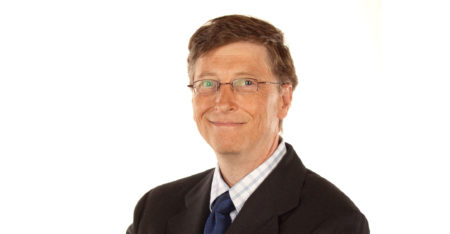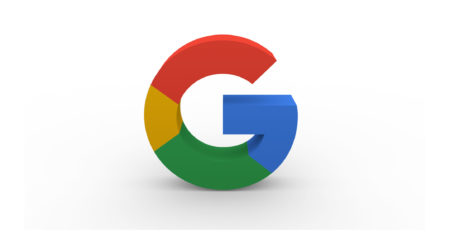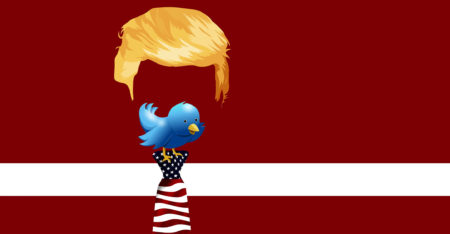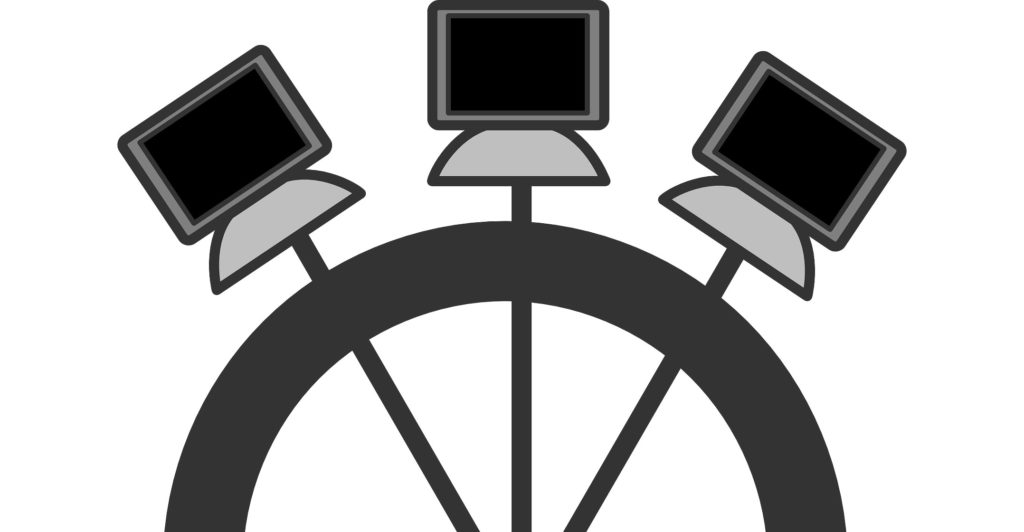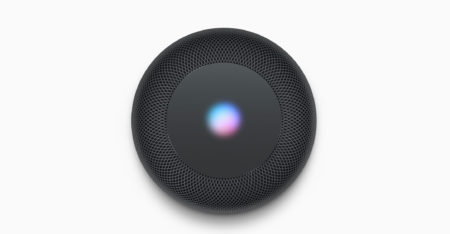Microsoft co-founder Bill Gates says we would all be using Windows Mobile today instead of Android if an antitrust case had not been lodged against the software giant in the late 1990s.
Browsing: Google
Google is pumping major investments into Africa, with its most noteworthy new ventures being the roll-out of free public Wi-Fi hotspots and a new high-speed undersea cable to boost Internet connectivity.
Google has launched its free public Wi-Fi hotspot programme, known as Google Station, in South Africa, the US-headquartered Internet company said at an event in Johannesburg on Thursday.
Google has agreed to buy smartwatch maker Fitbit for $2.1-billion in cash, a move that could shore up the Internet giant’s hardware business while also potentially increasing antitrust scrutiny.
Twitter CEO Jack Dorsey tweeted on Wednesday that the company will ban all political ads, delivering a jab to Facebook, which has come under fire for the way it’s handled advertising by candidates.
Although the specific problem that Google’s computer solved won’t have much practical significance, simply getting the technology to work was a triumph; comparisons to the Wright brothers’ early flights aren’t far off the mark.
Investors are getting constant reminders that it’s not cheap for technology giants to stay on top.
Google parent Alphabet is in talks for a potential acquisition of smartwatch maker Fitbit, a move that could bolster its hardware business while also increasing antitrust scrutiny.
Apple is ramping up hiring for a team that is working on new smart-home software and devices in an effort to catch up in a field where Google and Amazon.com have dominated.
Google is injecting its search engine with new technology to better interpret the billions of Web queries it handles every day, a change top executives described as one of the most significant in the company’s history.


